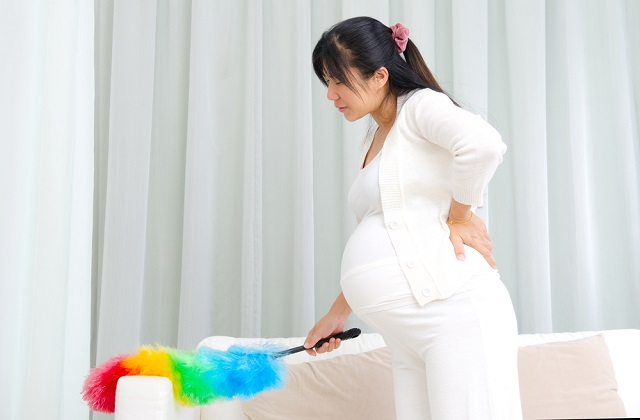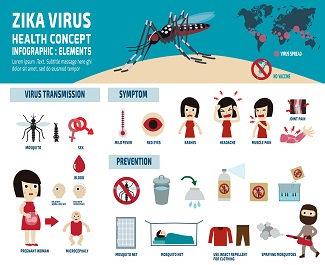Pregnancy is a transformative journey, but it often comes with physical discomforts, including back pain. For many expectant mothers, back pain can start as early as the first trimester and intensify as pregnancy progresses. Understanding the causes, preventive measures, and relief strategies can help manage this common pregnancy concern.
Causes of Back Pain During Pregnancy
Several factors contribute to back pain during pregnancy, including:
- Hormonal Changes – The body releases relaxin, a hormone that loosens ligaments and joints in preparation for childbirth. This can lead to instability and strain on the lower back.
- Weight Gain – As the baby grows, the additional weight puts extra pressure on the spine and back muscles, leading to discomfort.
- Postural Changes – Pregnancy alters the body's center of gravity, often resulting in poor posture that strains the back.
- Muscle Separation – The expanding uterus can cause the rectus abdominis muscles to stretch and separate, reducing abdominal support and increasing back strain.
- Stress – Emotional stress can cause muscle tension, particularly in the back and shoulders, worsening pregnancy-related discomfort.
Prevention Tips
While back pain is common, several preventive steps can minimize discomfort:
- Maintain Good Posture – Stand tall with shoulders back and avoid slouching. Using a support pillow while sitting can also help.
- Exercise Regularly – Gentle exercises such as prenatal yoga, swimming, and walking strengthen back and abdominal muscles.
- Wear Supportive Footwear – Avoid high heels and opt for comfortable, low-heeled shoes with good arch support.
- Use Proper Lifting Techniques – When lifting objects, bend at the knees and keep the back straight to avoid excessive strain.
- Sleep Smart – Sleep on the side with a pillow between the knees for proper spinal alignment.
- Manage Stress – Practicing relaxation techniques such as deep breathing and meditation can ease muscle tension.
Relief Strategies for Back Pain
If back pain develops, the following measures can provide relief:
- Apply Heat or Cold Packs – A warm compress or an ice pack can soothe sore muscles and reduce inflammation.
- Prenatal Massage – A professional prenatal massage can help relax tight muscles and improve circulation.
- Try a Maternity Belt – A pregnancy support belt can provide additional support and alleviate lower back pain.
- Physical Therapy – A physiotherapist can recommend exercises and techniques to reduce discomfort.
- Chiropractic Care – Some women find relief through gentle spinal adjustments by a certified chiropractor specializing in prenatal care.
When to Seek Medical Help
While mild back pain is normal, certain symptoms may indicate a more serious issue. Seek medical attention if you experience:
- Severe, persistent pain that does not improve with rest
- Pain accompanied by fever, numbness, or weakness in the legs
- Pain that radiates down the legs, suggesting sciatica
- Sudden, intense pain in the lower back, which could signal preterm labor
Conclusion
Back pain is a common but manageable part of pregnancy. By maintaining good posture, exercising, and using effective relief strategies, expectant mothers can reduce discomfort and enjoy a healthier pregnancy. However, if back pain becomes severe, consulting a healthcare provider is essential to rule out underlying conditions and ensure a safe pregnancy journey.
Subscribe to receive newsletter on pregnancy and parenting in Singapore.


